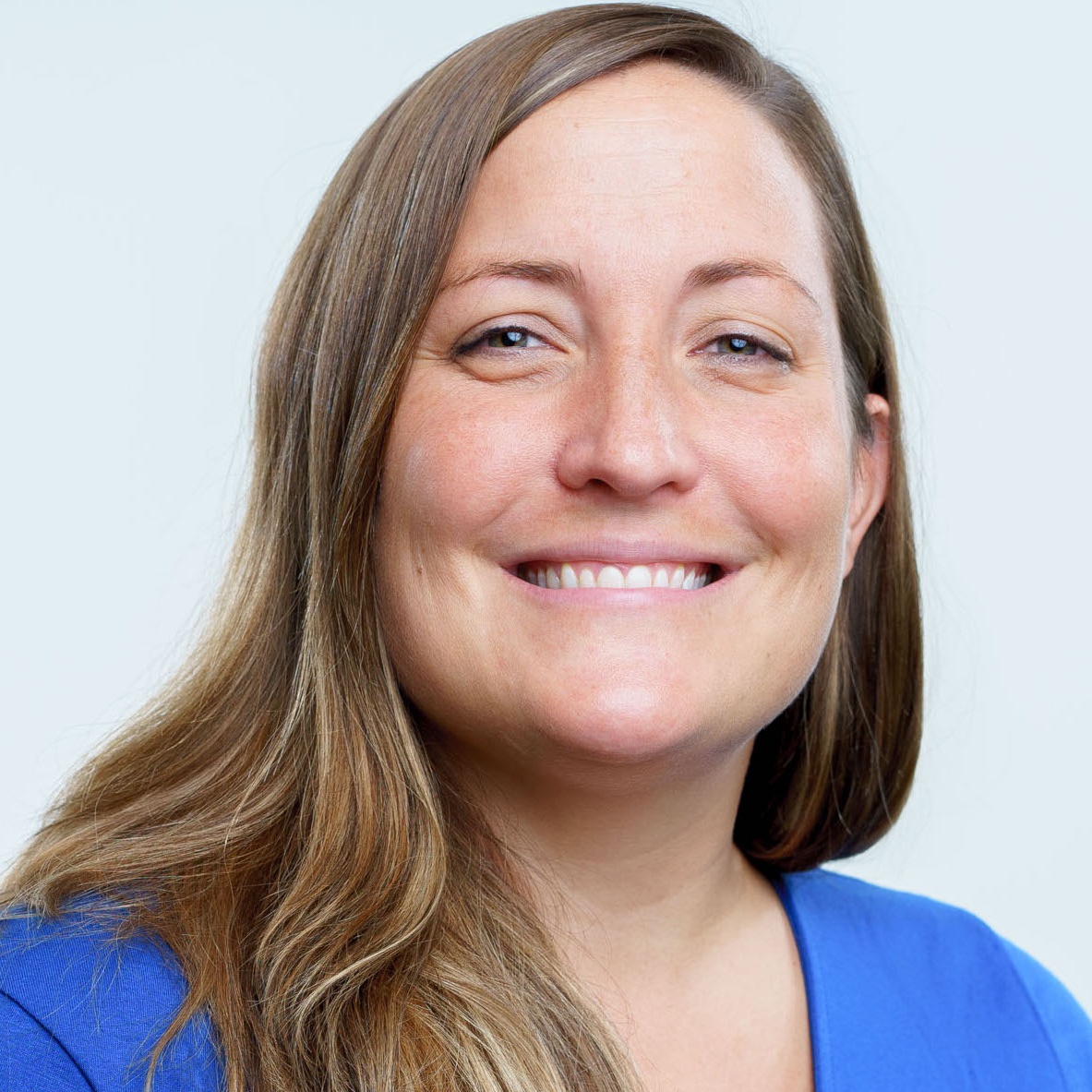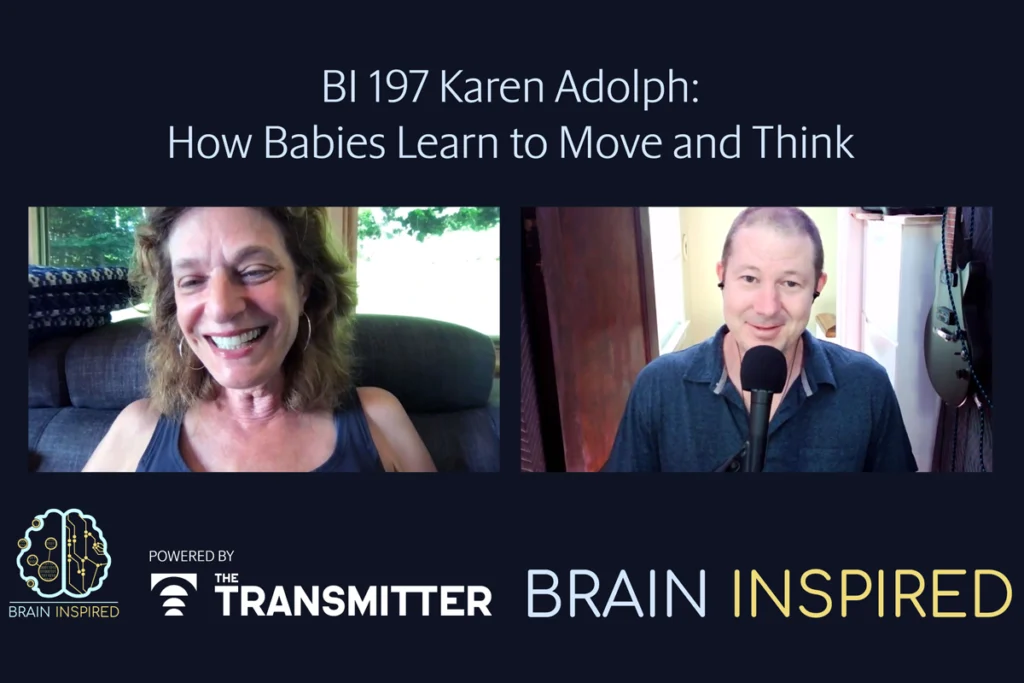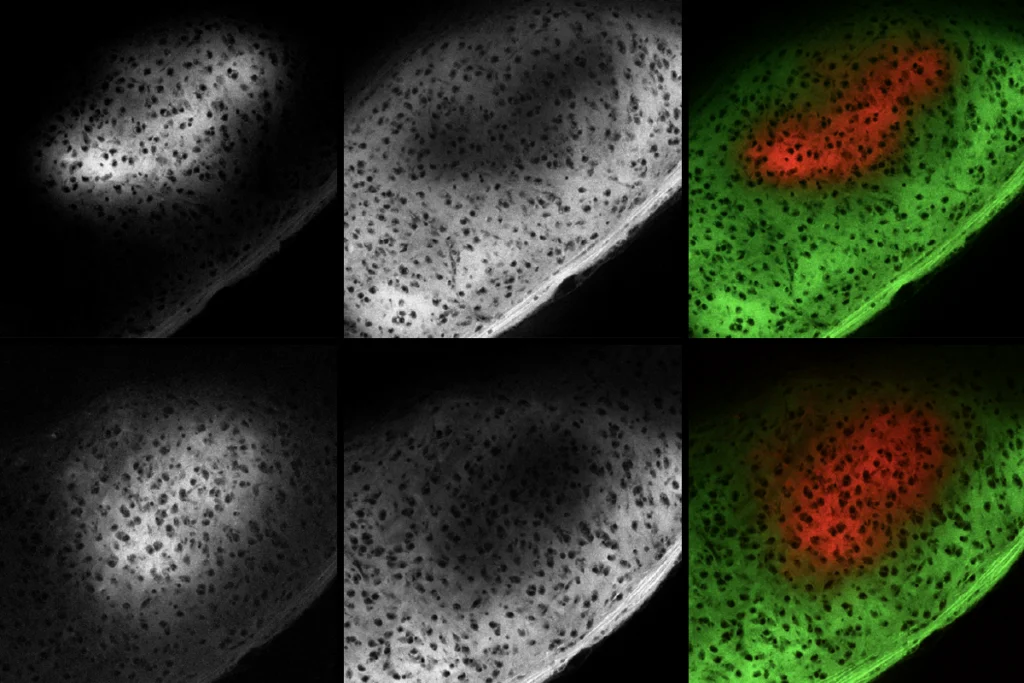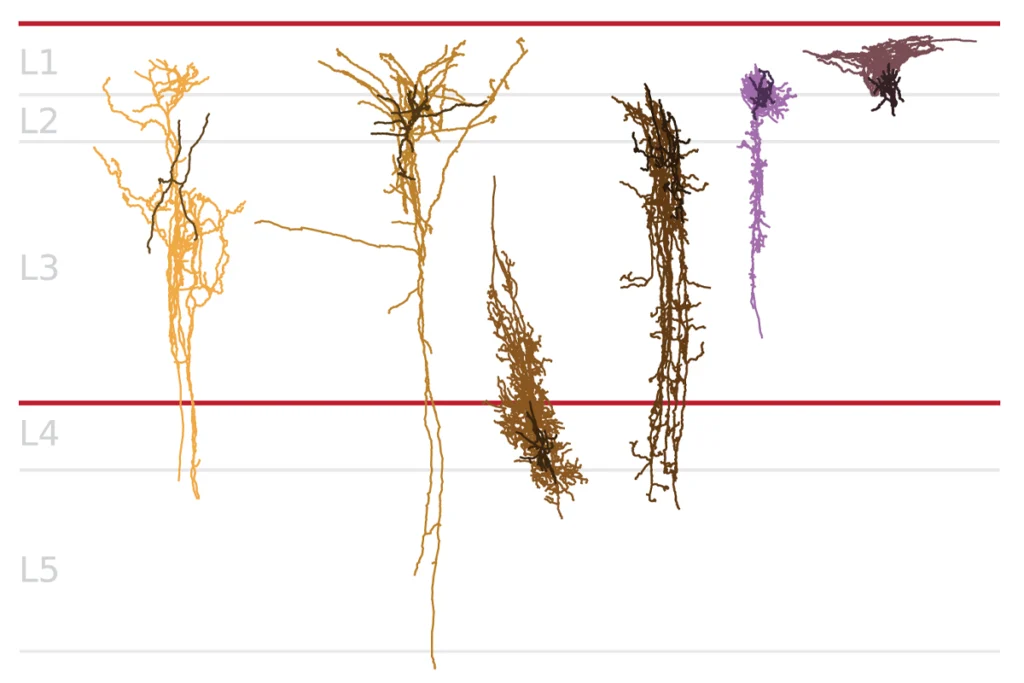Lindsay Shea is director of the Policy and Analytics Center at the A.J. Drexel Autism Institute at Drexel University in Philadelphia, Pennsylvania. She is also interim leader of the institute’s Life Course Outcomes Research Program. She focuses on research that is conducted in partnership with and that directly impacts communities and policymakers.

Lindsay Shea
Director, Policy and Analytics Center
A.J. Drexel Autism Institute
From this contributor
Pitfalls in using autism claims data: Q&A with Lindsay Shea
Insurance claims data are useful for autism research, but the field needs to standardize how they are mined, Shea says.

Pitfalls in using autism claims data: Q&A with Lindsay Shea
Explore more from The Transmitter
Karen Adolph explains how we develop our ability to move through the world
How do babies' bodies and their environment teach them to move—and how can robots benefit from these insights?

Karen Adolph explains how we develop our ability to move through the world
How do babies' bodies and their environment teach them to move—and how can robots benefit from these insights?
Microglia’s pruning function called into question
Scientists are divided over the extent to which the cells sculpt circuits during development.

Microglia’s pruning function called into question
Scientists are divided over the extent to which the cells sculpt circuits during development.
Early trajectory of Alzheimer’s tracked in single-cell brain atlases
Inflammation in glia and the loss of certain inhibitory cells may kick off a disease cascade decades before diagnosis.

Early trajectory of Alzheimer’s tracked in single-cell brain atlases
Inflammation in glia and the loss of certain inhibitory cells may kick off a disease cascade decades before diagnosis.